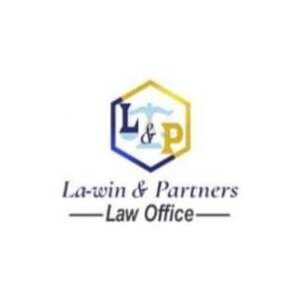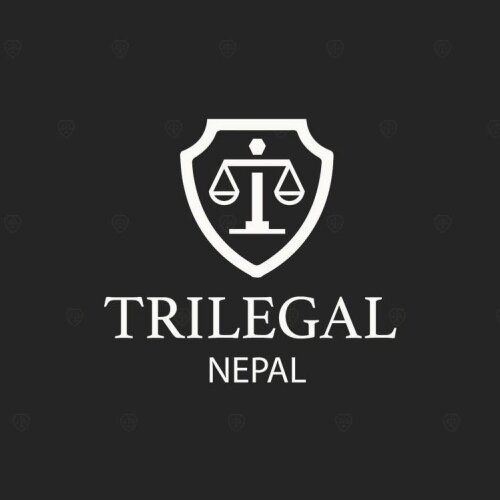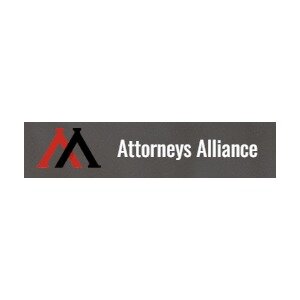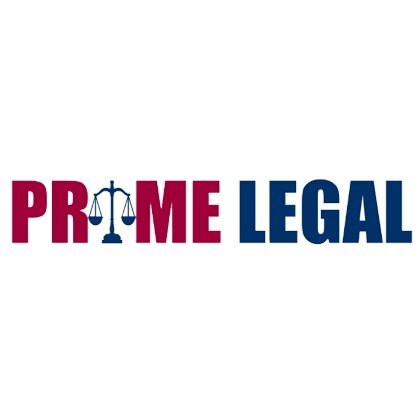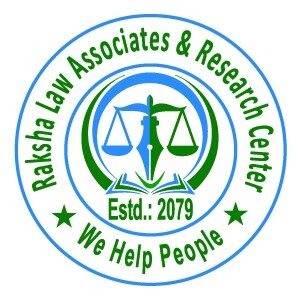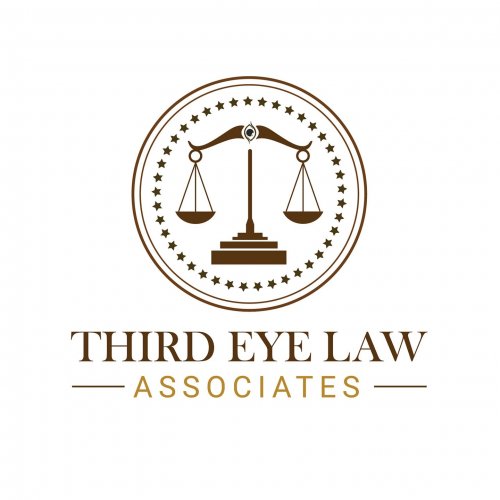Best Drunk Driving Lawyers in Kathmandu
Share your needs with us, get contacted by law firms.
Free. Takes 2 min.
List of the best lawyers in Kathmandu, Nepal
About Drunk Driving Law in Kathmandu, Nepal
Drunk driving refers to the act of operating a vehicle while under the influence of alcohol or drugs. In Kathmandu, Nepal, it is illegal to drive with a blood alcohol concentration (BAC) of 0.08% or higher. The law aims to ensure public safety and prevent accidents caused by impaired driving.
Why You May Need a Lawyer
There are several situations where you may require legal help in cases related to drunk driving:
- If you have been charged with driving under the influence (DUI) or driving while intoxicated (DWI).
- If you need guidance on your legal rights and responsibilities related to drunk driving.
- If you wish to challenge the validity of a DUI/DWI checkpoint or breathalyzer test.
- If you need assistance with negotiations or representation in court.
Local Laws Overview
It's essential to understand the key aspects of drunk driving laws in Kathmandu, Nepal. Some important points include:
- The legal BAC limit for drivers is 0.08%. Exceeding this limit may result in penalties.
- Law enforcement officers have the authority to conduct sobriety tests, such as breathalyzer or blood tests, to determine impairment.
- Penalties for drunk driving offenses can vary depending on the severity of the offense and previous convictions, including fines, license suspensions, and imprisonment.
- Refusing to submit to a sobriety test can lead to additional penalties, such as immediate license suspension.
- Repeat drunk driving offenses may result in harsher penalties.
Frequently Asked Questions
Q: What are the penalties for a first-time DUI/DWI offense in Kathmandu, Nepal?
A: Penalties for a first-time offense can include fines of up to Nepali Rupees 25,000, license suspension for a specific period, and mandatory attendance at alcohol education programs.
Q: Can I refuse to take a breathalyzer or blood test if suspected of drunk driving?
A: Refusing to take a sobriety test can lead to immediate license suspension and other penalties. It is advisable to consult with a lawyer before making any decisions.
Q: How long does a DUI conviction stay on my record?
A: A DUI conviction can remain on your record for several years. It's important to consult with a lawyer who can provide guidance specific to your situation.
Q: Can I represent myself in court for a DUI/DWI case?
A: While it is possible to represent yourself, it is recommended to seek legal representation. An experienced lawyer can guide you through the legal process, ensuring your rights are protected and increasing your chances of a favorable outcome.
Q: Are there any alternatives to jail time for drunk driving offenses?
A: In some cases, alternatives to jail time, such as community service or alcohol treatment programs, may be available. An attorney can help explore these options and present them to the court on your behalf.
Additional Resources
For further information and assistance regarding drunk driving in Kathmandu, Nepal, you may find the following resources helpful:
- Department of Transport Management - Governmental body responsible for regulating road transportation in Nepal.
- Nepal Police Traffic Directorate - The traffic division of the Nepal Police provides information on traffic laws and regulations.
- Nepal Bar Association - A professional organization that can provide referrals to qualified lawyers specializing in various areas of law.
Next Steps
If you require legal assistance for drunk driving in Kathmandu, Nepal, consider taking the following steps:
- Consult with a reputable attorney who specializes in drunk driving cases.
- Provide all necessary information and details about your case to your lawyer.
- Follow your lawyer's advice and guidance throughout the legal process.
- Ensure you meet all deadlines and court requirements.
- Prepare for court appearances and be honest and cooperative during proceedings.
Lawzana helps you find the best lawyers and law firms in Kathmandu through a curated and pre-screened list of qualified legal professionals. Our platform offers rankings and detailed profiles of attorneys and law firms, allowing you to compare based on practice areas, including Drunk Driving, experience, and client feedback.
Each profile includes a description of the firm's areas of practice, client reviews, team members and partners, year of establishment, spoken languages, office locations, contact information, social media presence, and any published articles or resources. Most firms on our platform speak English and are experienced in both local and international legal matters.
Get a quote from top-rated law firms in Kathmandu, Nepal — quickly, securely, and without unnecessary hassle.
Disclaimer:
The information provided on this page is for general informational purposes only and does not constitute legal advice. While we strive to ensure the accuracy and relevance of the content, legal information may change over time, and interpretations of the law can vary. You should always consult with a qualified legal professional for advice specific to your situation.
We disclaim all liability for actions taken or not taken based on the content of this page. If you believe any information is incorrect or outdated, please contact us, and we will review and update it where appropriate.




